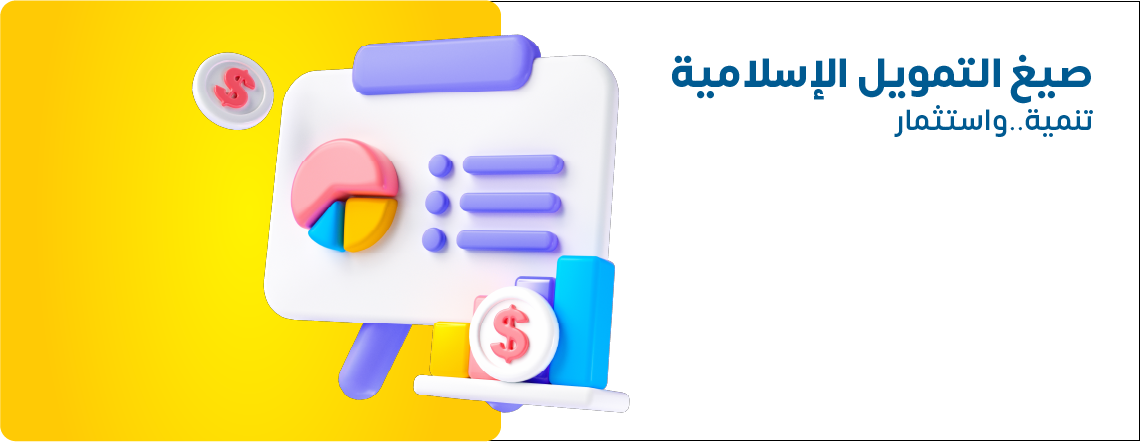Islamic Finance Types
PIB offers funding to its clients, on a one-off or revolving basis, through a variety of Sharia-compliant tools including, Murabaha, Bay' As-Salam, Ijara, Musharaka, Musawamah, Istisna’a, Muzara’a and Mugharasa.

Murabaha offers customers the convenience of acquiring financing for business use and repaying the Bank over a period of time in line with their sources of income. Under a Murabaha transaction, the Bank provides the customer with the finance needed to purchase an asset, either locally or from abroad, for the business. The customer, in coordination with the Bank, negotiates the purchase price of the asset with the seller, then the Bank purchases the asset from the seller and sells it to the customer after adding a pre-agreed upon profit margin.
The Musharaka - or in other words partnership - contracts are identical to the Mudaraba contracts; however, all partners - in this case - provide the capital along with the skills and experience needed for the project. The profits are distributed in accordance to percentage agreed in the contract, while losses are shared in proportion to each partner’s share of capital.
Profit Sharing is a contract concluded between two parties, whereby one party provides capital to the other party who undertakes the management in exchange of a share in the output.
Mudaraba achieves the interest of both parties; namely the capital owner who may not have the time or the experience to turn over and trade the capital and the Mudarib who may not have the adequate capital to put to use his experience.
Ijara
A form of Islamic financing, in which the Bank purchases an item for a customer, then leases it to them with a profit via a leasing agreement to be concluded between the two parties.
Lease-to-Own (Ijara Muntahia Bittamleek)
One of the forms of Ijara used by Islamic financial institutions is the Lease-to-Own; a form of leasing contract, which includes a promise by the lessor to transfer the ownership in the leased property to the lessee, either at the end of the term of the Ijarah period or by stages throughout the term of the contract.
The sale of a specified commodity that is of a known type, quantity and attributes for a known price paid at the time of signing the contract for its delivery in the future in one or several batches.
Istisna’a refers to a contract concluded for the acquisition of goods by specification, where the price is paid at the time of contract or gradually in accordance with the progress made or upon the completion of a job. This kind of contract is commonly used by an Islamic institution (the Bank) as an agreement with a client to finance its various manufacturing and construction needs. The Bank takes care of paying the contracted developer or builder in full or as specific stages of the work is completed. The client then pays the Bank as per agreed payment plan.
In a Musawamah transaction, the customer requests the Bank to purchase certain assets or commodities from a third party. The price is unknown to the customer, and upon acquiring the commodity, the Bank adds its profit amount and offers to sell it to the customer, who has the right to accept, refuse, or negotiate the price. If accepted, the customer repays the total amount in agreed instalments. Musawamah is usually provided to finance local purchases including vehicles, real estate, home appliances, machinery and equipment.
Rate
For any Questions ?
You can contact us easily and we will get back to you in a short time
